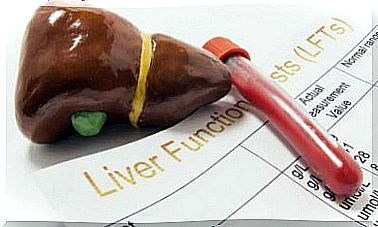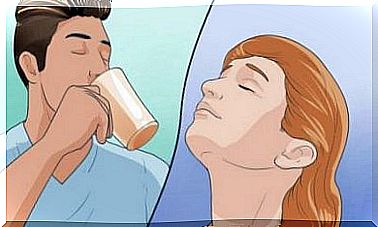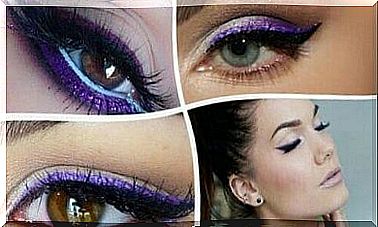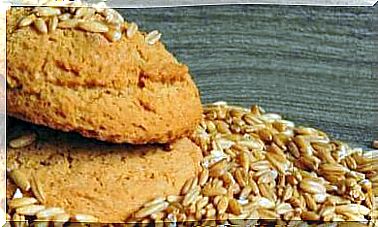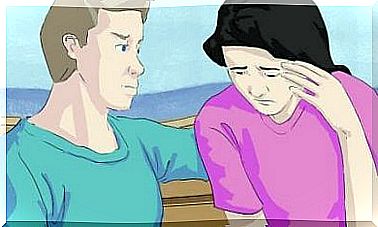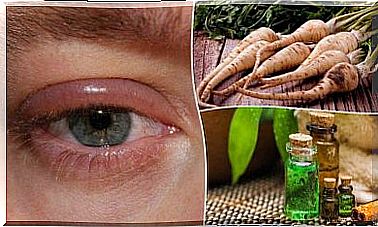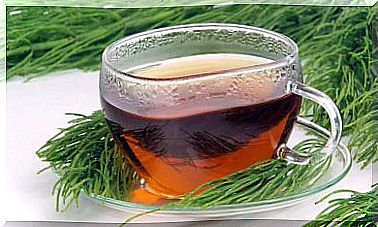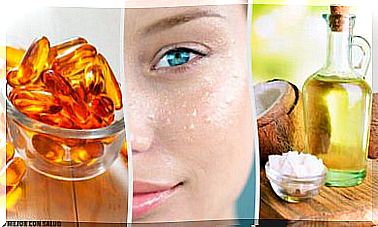10 Signs Of Vitamin Deficiency And What You Can Do About Them
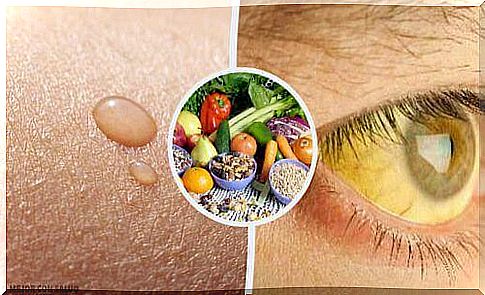
Do you have acne? What about bad breath? Many common health problems are due to vitamin deficiencies that you naturally get in the food you eat. In today’s article, we look at some signs of vitamin deficiency, and how they can be prevented.
1. Acne can be a sign of vitamin deficiency
Acne is a very common problem that manifests as pimples on your face or body. It is especially common in adolescence. However, if the acne does not go away or comes back after this stage, it may be due to a lack of vitamin A, B2, B5, C or D.
These vitamins have a direct effect on proper hormonal function. Some foods you should eat are asparagus, avocado, citrus fruits, peppers and carrots.
2. Bad breath

One of the most common vitamin deficiencies is vitamin B deficiency, which is especially common among vegetarians. This vitamin is important for good digestion. When it is lacking, you may have reduced the amount of enzymes in your body, which fight bacteria in the mouth and digestive tract.
Nutritionists indicate that 50 mg of niacin per day helps prevent bad breath. Recommended foods include chicken, fish, tomatoes, whole grains and mushrooms.
3. Cracked lips
Your lips are an external organ of your body, which is usually not affected by vitamin deficiency.
Biologically, the lips need more attention and care in the winter. This is because your skin creates natural oils that give them the moisture they need, but the moisture disappears in cold weather.
Cracked lips can be prevented with vitamin E, which acts as a powerful antioxidant. The best ways to get this vitamin are through these oils: wheat germ, almond, sunflower and olive oil.
4. Dandruff
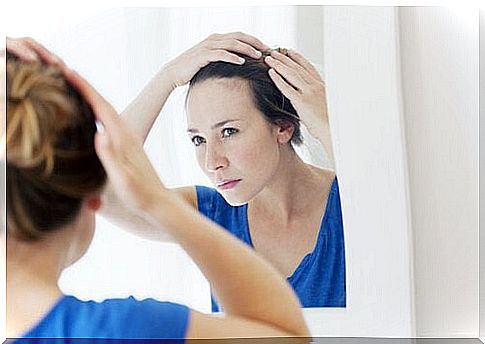
Dandruff occurs when there is an excess of dead skin cells in the scalp. We all have a certain amount of dead skin cells, and that’s normal, but if it gets too much, it’s a problem.
The main causes of dandruff are seborrheic dermatitis, for frequent shampoo use, psoriasis, fungi and deficiency of vitamin B, zinc and magnesium. Recommended foods are: mustard, almonds, dark chocolate, lamb and green vegetables.
5. Dry nail skin
You’ve probably noticed that you get drier skin around your nails in the winter, also called “hangnail.” This is because cold weather dries out your skin significantly. The effect is greater if you use strong chemical products, or still have your hands in water.
Vitamin deficiency that causes this problem can be solved by consuming protein, folate (folic acid) and vitamin C.
6. Dry skin
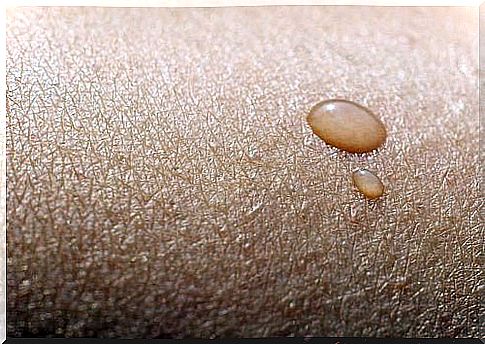
Millions of people are looking for a way to keep their skin as soft and moist as possible. Remember that dry skin can be genetic, and be inherited by your family.
If you have only noticed that you have dry skin lately, or if you have realized that you have not eaten a very varied diet, you may be deficient in vitamins and you may not drink enough water.
If this is you, try eating foods rich in vitamins A and C, to help make your skin healthier.
7. Foot fungus
Vitamins D2 and D3 are necessary for proper skin care. Lack of these can cause several ailments, including athlete’s foot.
These two vitamins require calcium to be absorbed properly. You need to consume 10 micrograms of vitamin D a day, but most people get only half of it, or less.
Jaundice can be a sign of vitamin deficiency
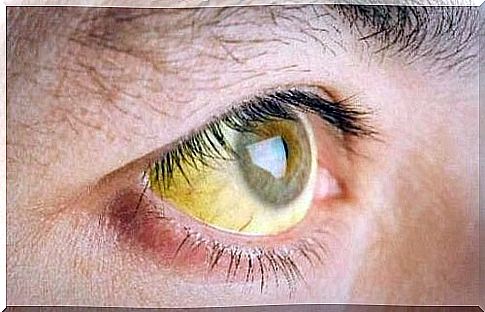
This condition causes the whites of your eyes and skin to turn a yellowish color, due to excess bilirubin. This substance accumulates when the liver does not function normally and causes discoloration.
You can get jaundice at any age. Causes include blood diseases, genetic syndromes, hepatitis, infections and certain types of medications. Vitamin deficiencies that cause it are found in A, C, E, B12 and B6.
9. Pale skin
The pigmentation of your skin occurs due to the presence of melanin, which depends on genetic factors, how much time you spend in the sun, etc.
There are also common vitamin deficiencies that can adversely affect the color of your skin.
Vitamin C helps produce collagen. Deficiency of this vitamin causes extreme pallor, damage to the skin and blood vessels, and one can even lose teeth. All you need is 80 mg of the vitamin a day.
Lack of folic acid or vitamin B9 can also cause your skin to lose pigmentation. This vitamin is important in the production of energy and red blood cells.
And if you do not eat enough vitamin B9, you are at risk of becoming anemic, another situation that presents itself with pale skin. You should consume 400 mg daily.
10. Vision problems
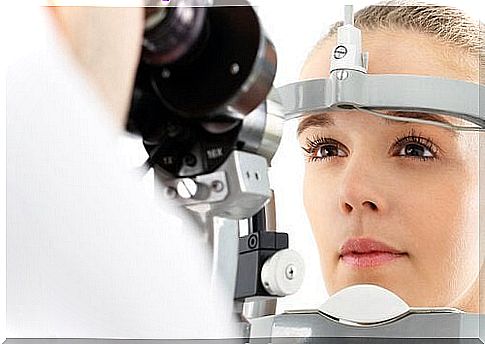
Antioxidant vitamins (A, C, E, and beta-carotene), along with B-complex vitamins, are very important for the eyes. Even a slight deficiency of vitamin A can cause increased fatigue, sensitivity to light, dryness and a greater risk of eye infections. When there is a severe deficiency, one can get sores, problems in the cornea and in the worst case blindness. Vitamin A is important for good night vision.
In addition, deficiencies in vitamin B complex cause sensitivity to light, paralysis of the eye muscles, a burning sensation and excessive tear production.
Did you know about these signs of vitamin deficiency?
